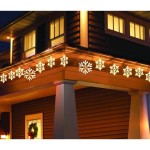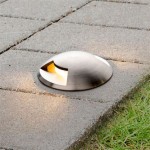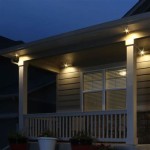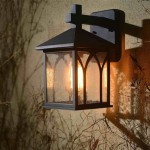Are Outdoor Wood Furnaces Legal? Essential Aspects to Consider
Outdoor wood furnaces have become increasingly popular for providing warmth and heating water in homes and businesses. However, there are various legal considerations and regulations surrounding their use. Understanding these aspects is crucial to ensure compliance and avoid potential legal issues.
Federal Regulations
The Environmental Protection Agency (EPA) regulates outdoor wood furnaces under the Clean Air Act. The EPA has established emission standards for new outdoor wood furnaces, requiring them to meet specific criteria for particulate matter (PM) and carbon monoxide (CO) emissions. These standards aim to reduce air pollution and protect public health.
State and Local Regulations
In addition to federal regulations, many states and local municipalities have their own laws and ordinances governing the use of outdoor wood furnaces. These regulations can vary significantly, ranging from restrictions on where furnaces can be located to requirements for certain emissions control devices.
Zoning Restrictions
Outdoor wood furnaces may be subject to zoning restrictions, which determine the specific areas where they can be legally installed. These restrictions may be based on property size, proximity to neighbors, and other factors. It is crucial to check with local zoning authorities to ensure that the intended location for the furnace is permitted.
Emissions Control Devices
Some states and municipalities require outdoor wood furnaces to be equipped with emissions control devices, such as catalytic converters or electrostatic precipitators. These devices help reduce particulate matter and CO emissions, making the furnaces more environmentally friendly.
Enforcement and Penalties
Enforcement of outdoor wood furnace regulations varies by jurisdiction. In some cases, local authorities may conduct inspections to ensure compliance. Violations of regulations can result in fines, penalties, or even the removal of the furnace.
Health and Environmental Concerns
While outdoor wood furnaces can provide an efficient and cost-effective source of heat, they also have potential health and environmental impacts. Emissions from these furnaces can contribute to air pollution and respiratory problems, particularly for those with existing respiratory conditions. Additionally, the burning of wood can release harmful pollutants, such as dioxins and furans, which can accumulate in the environment.
Alternative Heating Options
If you are concerned about the legal implications or environmental impact of outdoor wood furnaces, there are alternative heating options available. These include geothermal heat pumps, pellet stoves, and electric or gas furnaces. These options may have lower emissions and be more environmentally friendly, although they may also vary in terms of cost and efficiency.
Conclusion
The legality of outdoor wood furnaces is a complex issue that involves federal, state, and local regulations. It is important to carefully research the specific requirements in your area before installing or using a wood furnace. By understanding the legal aspects and considering potential health and environmental concerns, you can make an informed decision that meets your heating needs while complying with applicable laws and regulations.

Outdoor Wood Boiler Vs Furnace

Outdoor Wood Furnace And Solid Fuel Burning Guidelines Preventing Losses Grinnell Mutual

2024 Outdoor Wood Furnace Boiler S Homeguide

Heated Up States Strive To Update Outdoor Wood Boiler Regulations Conform New Federal Rules

The Alliance For Green Heat Outdoor Boilers

Outdoor Furnaces Are Hot On Issue

Heated Up Outdoor Boilers Cleaner Than Wood Stoves Boiler Lobby Tells Utah Legislators

Frequent Questions About Wood Burning Appliances Us Epa

Outdoor Boiler Outdoorboiler Com

Air Outdoor Wood Boilers Wisconsin Department Of Health Services
Related Posts







